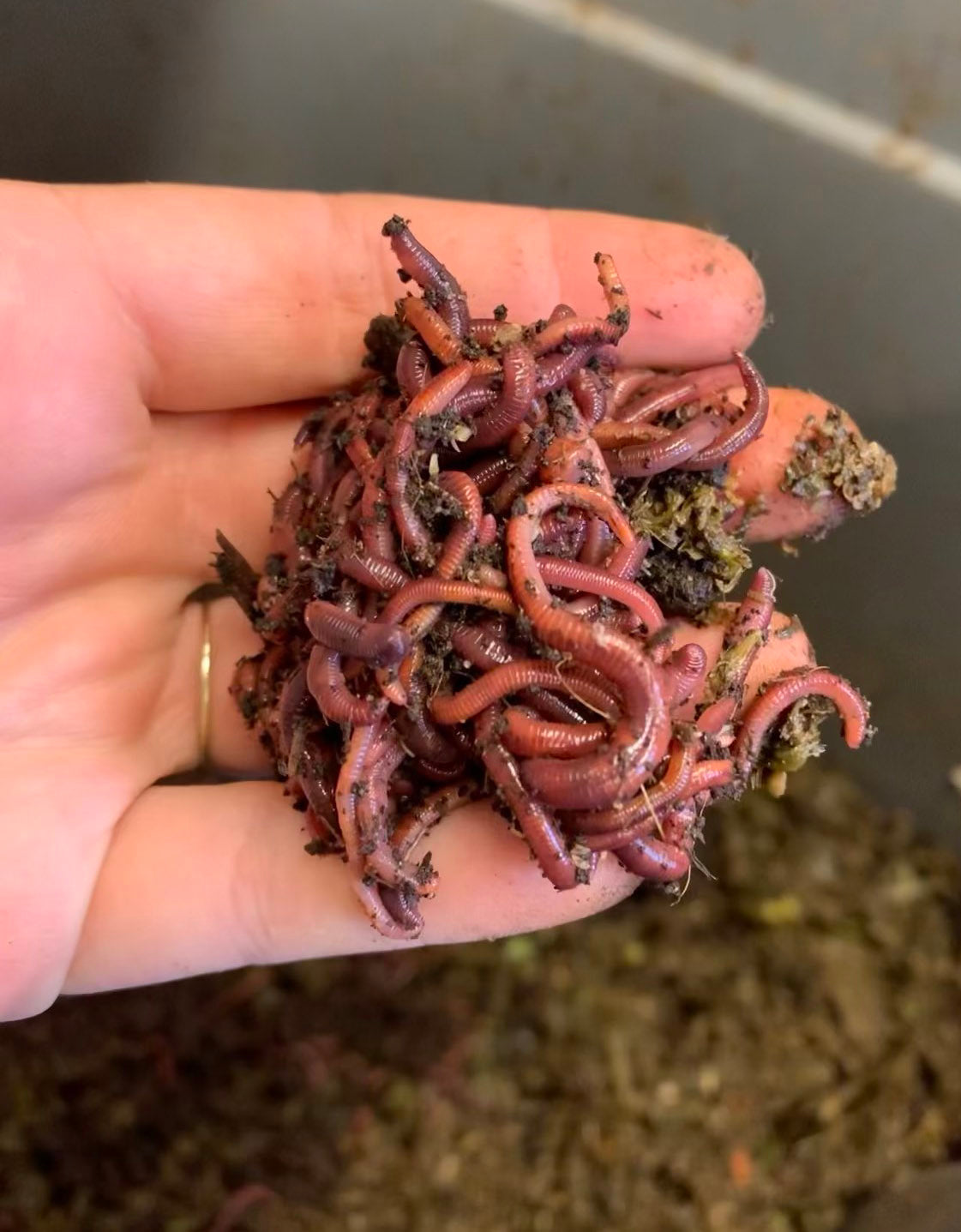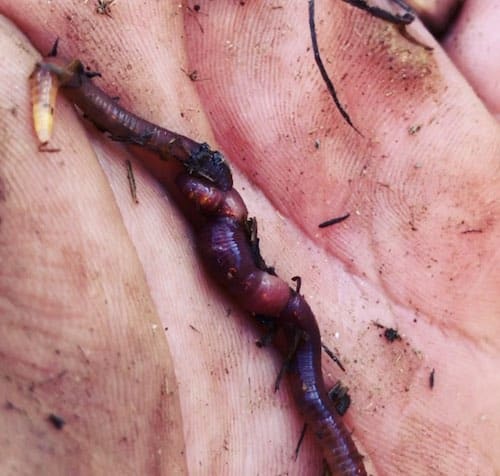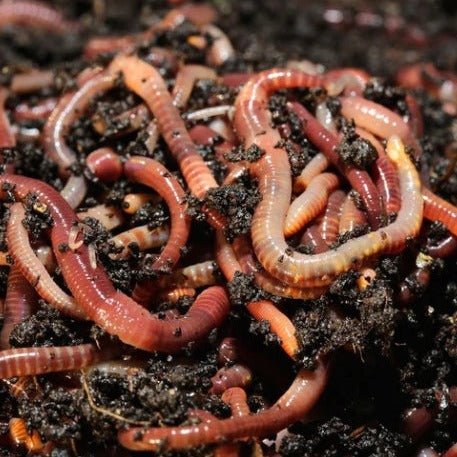Use Lake Hickory Bait for Amazing Lawn Health and Gorgeous Greens
Use Lake Hickory Bait for Amazing Lawn Health and Gorgeous Greens
Blog Article
Red Wigglers: The Unsung Heroes of Organic Waste Recycling
Red wigglers, or Eisenia fetida, offer as vital agents in the natural waste recycling procedure, transforming disposed of products into valuable vermicompost. As the world significantly seeks options to battle waste buildup and improve agricultural productivity, comprehending the function of these worms comes to be important.
What Are Red Wigglers?
The exceptional resilience of red wigglers, medically referred to as Eisenia fetida, underscores their important role in organic waste recycling. These little, reddish-brown earthworms are commonly found in decomposing raw material, such as compost piles and manure heaps. Lake Hickory Bait. Unlike various other earthworm species, red wigglers prosper in nutrient-rich environments and are highly effective at damaging down natural materials, making them crucial for vermicomposting

(Red Wiggler Express)In enhancement to their function in waste reduction, red wigglers add to dirt health and wellness by boosting soil framework and aeration through their burrowing tasks (Lake Hickory Bait). Their visibility in composting systems not just boosts decomposition rates however also promotes a sustainable strategy to waste monitoring, showing their value in environmental preservation initiatives
Advantages of Composting With Worms
Composting with worms, particularly red wigglers, supplies countless benefits that enhance both waste monitoring and dirt wellness. First, these worms efficiently damage down natural waste, transforming it right into nutrient-rich vermicompost that improves dirt. This procedure increases disintegration, permitting for a quicker recycling of kitchen scraps and various other organic products compared to conventional composting approaches.
In addition, the vermicompost created by red wigglers is including useful microorganisms, which assist boost dirt framework, aeration, and dampness retention. This enhances the total wellness of plants, advertising strenuous development and raised returns in yards and agricultural settings. Furthermore, the usage of worms in composting lessens the manufacturing of greenhouse gases, such as methane, adding to an extra lasting waste monitoring system.

How to Start Vermicomposting
Establishing a vermicomposting system is an uncomplicated procedure that can produce considerable advantages for both waste management and dirt enrichment. To begin, pick a suitable container, such as a plastic bin or wooden box, with adequate ventilation openings to make certain correct air movement. The measurements must ideally be around 2 feet by 3 feet, allowing sufficient area for the worms to prosper.
Following, prepare bed linen product, which can be composed of shredded paper, cardboard, or coconut coir. This bed linen must be dampened to produce an appropriate habitat for the worms. When the bed linen is in place, introduce red wigglers (Eisenia fetida) right into the container, typically around one pound of worms for every single square foot of surface.
Following the placement of worms, add natural waste, such as fruit and vegetable scraps, coffee grounds, and smashed eggshells. With these steps, you will effectively launch a vermicomposting system that contributes to sustainable waste monitoring and enhances your dirt.
Maintaining a Healthy And Balanced Worm Container
(Red Wiggler Express)Maintaining a worm bin growing needs normal attention and care to guarantee the health of the red wigglers and the performance of the composting process. Appropriate maintenance starts with keeping track of the wetness levels; the container ought to be damp yet not waterlogged. A great general rule is to keep a consistency similar to a wrung-out sponge.
Delicately mixing the bedding and food scraps every few weeks protects against compaction and ensures that all worms have access to oxygen. Furthermore, it is crucial to feed the worms suitably.
If the container comes to be as well hot or cool, the worms may become worried. By diligently taking care of these variables, one can keep a durable and efficient worm bin.
Influence On Lasting Living
The effective maintenance of a worm bin not just profits the health and wellness of red wigglers but also adds dramatically to lasting living methods. By recycling natural waste, such as kitchen area scraps and yard particles, red wigglers assist divert substantial quantities of material from landfills. This decrease in waste not only decreases greenhouse gas emissions yet likewise minimizes the ecological burden connected with waste management.
In addition, the spreadings produced by red wigglers act as a nutrient-rich organic plant food, improving dirt health and wellness and promoting Lake Hickory Bait plant development. This natural option to chemical fertilizers sustains sustainable farming and horticulture methods, reducing dependence on synthetic inputs that can hurt communities. In addition, worm composting fosters awareness of waste administration, encouraging individuals and areas to embrace even more sustainable routines.

Final Thought
In summary, red wigglers serve as vital factors to natural waste reusing with their efficient decomposition of natural products. By integrating vermicomposting into waste monitoring approaches, people and neighborhoods can substantially decrease waste while promoting ecological sustainability.
Report this page